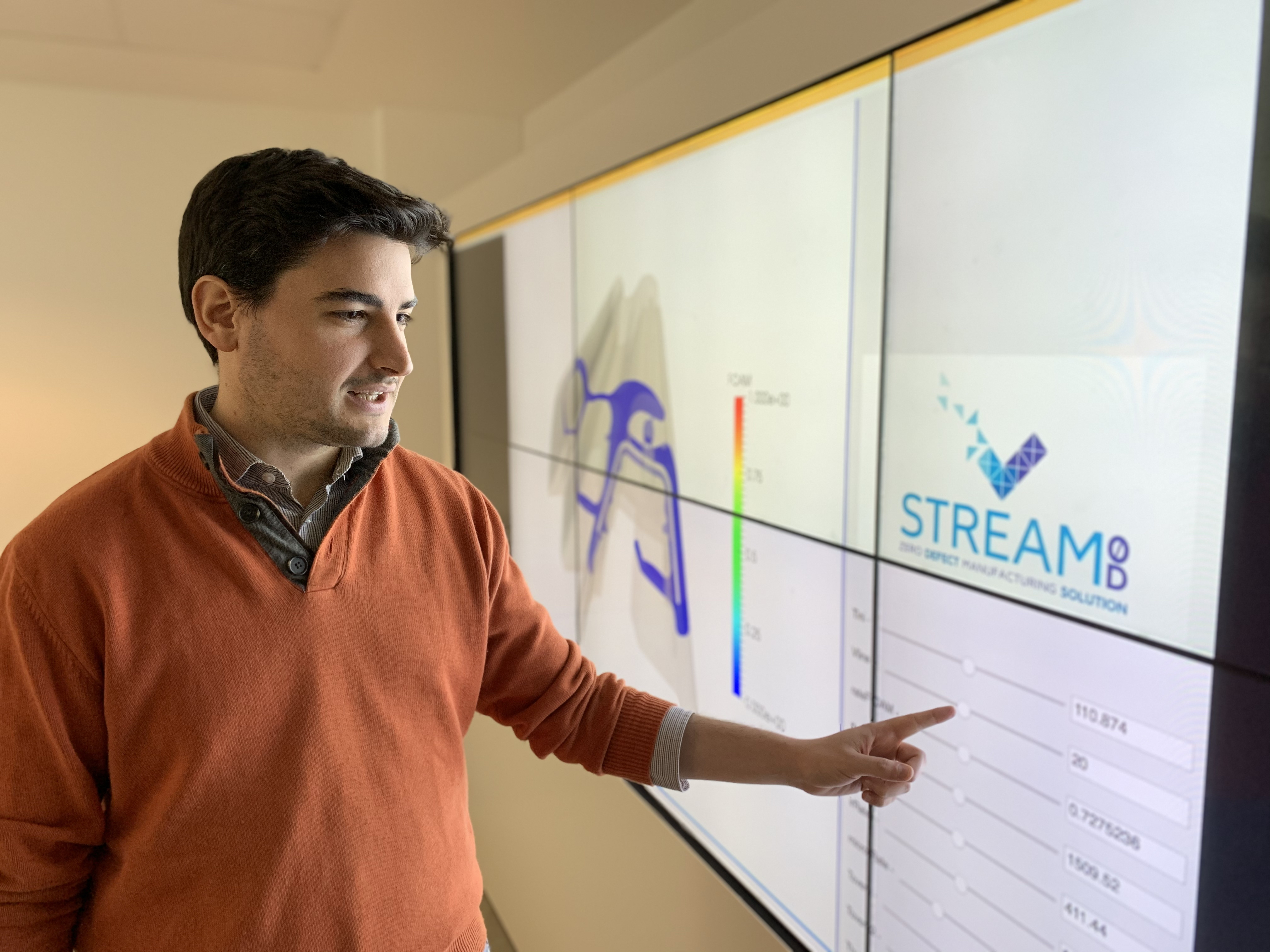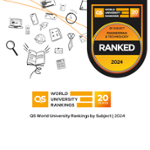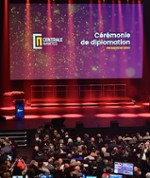Zero-Defect Manufacturing: simulation in real time at Centrale Nantes
on October 7, 2020

Promising results for the STREAM-OD project
STREAM-0D (SimulaTion in REAl time for Manufacturing with zero defect) came to its conclusion on 30 September 2020, 48 months after its inception. Originally due to end in March 2020, the project was extended for a further six months in light of the coronavirus outbreak. The final months were put to good use to complete activities on the production lines of the end-users involved in the project.
The main challenge of the STREAM-0D project was to allow industry to adjust manufacturing processes in real-time, introducing smart decisions based on the forecasts of simulation models, using Reduced-Order Modelling (ROM) techniques and data-driven models (DDM). These are mathematical models that can predict potential defects and failures based on machine learning algorithms.
STREAM-0D's primary goal was to increase production efficiency with significant time and cost savings, in order to shift the manufacturing process towards a ZDM approach. More specifically, in implementing the STREAM-0D solution in the production line, manufacturers will be able to:
- monitor and adjust the production process in real-time through simulation-based control algorithms and data-based decision tools, so that the product performance indicators fit the target specifications;
- increase production flexibility by decreasing the time needed for the adjustment and of new designs;
- boost the efficiency of the line by achieving a reduction in rejected units and material;
- reduce production costs and increase production rates.
The results that came out of the implementation and demo testing of the STREAM-0D solution on production lines were impressive, with reductions in scrap rates, rejection rates, downtime, end of line tests and related costs, well above the targets set at the beginning of the project.
More details will be disclosed after 8 October 2020, when the consortium’s work and results are presented to the European Commission officer during the final project review.
Centrale Nantes’s contribution
Two avenues were explored at Centrale Nantes: a machine learning approach based on production data and real-time predictive simulation on which the High Performance Computing Institute (ICI) at Centrale Nantes worked. This work was led by Luisa Rocha da Silva, ICI director, and researchers José-Vicente Aguado-Lopez, Domenico Borzacchiello and Hugues Digonnet.
For the STREAM-0D project, the ICI used dimension reduction methods to develop Digital Twins for production lines. These developments were made possible thanks to the computing resources available at the Centrale Nantes Supercomputing Centre. The models produced were then made available to other partners, for the creation of optimization algorithms and cloud computing for example.
From one hour to a millisecond! Real time.
The significant added value of real-time is being able to spread the use of simulation. Real-time allows you to go beyond the limits inherent in design offices and bring simulation into the factory and integrate it into production lines. This has not been possible until now, and yet it is a key aspect of the Industry 4.0 paradigm.
The three end-users of the technology developed are companies in the automotive sector: FERSA Bearings, a European bearing manufacturer, Standard Profil, a manufacturer of sealing systems for automobiles, and ZF, a supplier of mobility systems for the automotive sector, with a focus on their brake production in the context of STREAM-0D.
STREAM-0D Partners:
Instituto Tecnológico de Aragón, project coordinator (Spain), High Performance Computing Institute (ICI) at Centrale Nantes, the Laboratory for Manufacturing Systems & Automation (LMS) of the University of Patras, STAM, Day One, the Centre for Technology Research and Innovation (CETRI), Integrated Environmental Solutions (IES), Standard Profil, Lucas Varity GmbH (ZF-TRW) and Fersa Bearings.
- Learn more: https://www.stream-0d.com/












